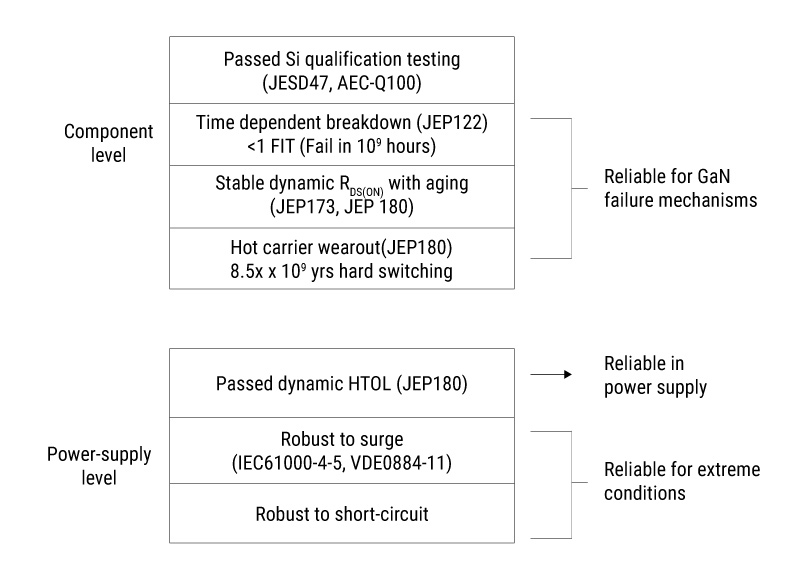Understanding Gollwitzer Peter: Insights into Goal Setting and Self-Regulation
#### Introduction to Gollwitzer PeterGollwitzer Peter, a prominent psychologist, is well-known for his groundbreaking research in the field of goal setting……
#### Introduction to Gollwitzer Peter
Gollwitzer Peter, a prominent psychologist, is well-known for his groundbreaking research in the field of goal setting and self-regulation. His work has significantly influenced how individuals approach their goals, providing valuable insights into the psychological mechanisms that drive success.
#### The Importance of Goal Setting
Goal setting is a fundamental process that helps individuals define their objectives and create a roadmap to achieve them. Gollwitzer emphasizes that setting specific, measurable, achievable, relevant, and time-bound (SMART) goals can enhance motivation and performance. By clearly outlining what one wants to achieve, individuals can focus their efforts and resources more effectively.
#### Implementation Intentions: A Key Concept by Gollwitzer

One of Gollwitzer's most significant contributions to psychology is the concept of "implementation intentions." This strategy involves creating specific plans that outline when, where, and how to act in pursuit of a goal. For example, rather than simply stating, "I want to exercise more," an implementation intention might be, "I will go for a run every weekday at 7 AM in the park." This level of specificity helps individuals anticipate obstacles and prepare for them, thereby increasing the likelihood of success.
#### Self-Regulation and Its Role in Achieving Goals
Self-regulation is another crucial aspect of Gollwitzer's research. It refers to the ability to control one's thoughts, emotions, and behaviors in the pursuit of long-term goals. Gollwitzer suggests that self-regulation can be enhanced through techniques such as monitoring progress, reflecting on setbacks, and adjusting strategies as needed. By developing strong self-regulation skills, individuals can maintain their focus and motivation, even when faced with challenges.
#### The Psychological Mechanisms Behind Gollwitzer's Theories

Gollwitzer's theories are grounded in various psychological mechanisms, including cognitive processes, emotional regulation, and social influences. For instance, cognitive processes play a vital role in how individuals perceive their goals and the steps required to achieve them. Emotional regulation helps individuals manage feelings of frustration or anxiety that may arise during the pursuit of their goals. Additionally, social influences, such as support from friends and family, can significantly impact motivation and success.
#### Practical Applications of Gollwitzer's Research
The insights gained from Gollwitzer's research can be applied in various contexts, including education, business, and personal development. Educators can use goal-setting techniques to help students enhance their academic performance, while organizations can implement Gollwitzer's strategies to improve employee productivity and engagement. On a personal level, individuals can adopt these principles to achieve their fitness, career, or financial goals.
#### Conclusion: Embracing Gollwitzer Peter's Insights for Success

In summary, Gollwitzer Peter's research provides a comprehensive framework for understanding the dynamics of goal setting and self-regulation. By applying his concepts, individuals can enhance their ability to set and achieve meaningful goals, leading to greater success and fulfillment in various aspects of life. Embracing these insights can empower anyone to take control of their aspirations and turn them into reality.